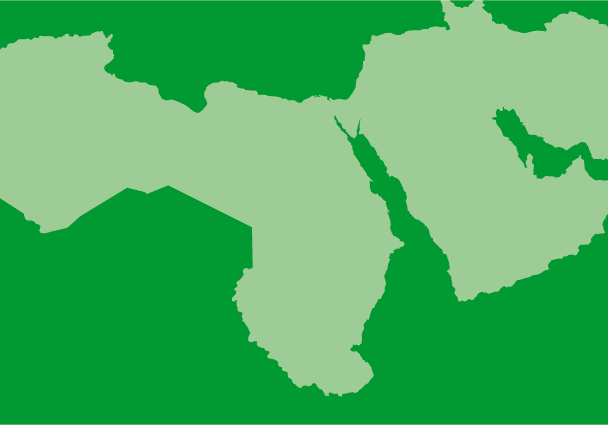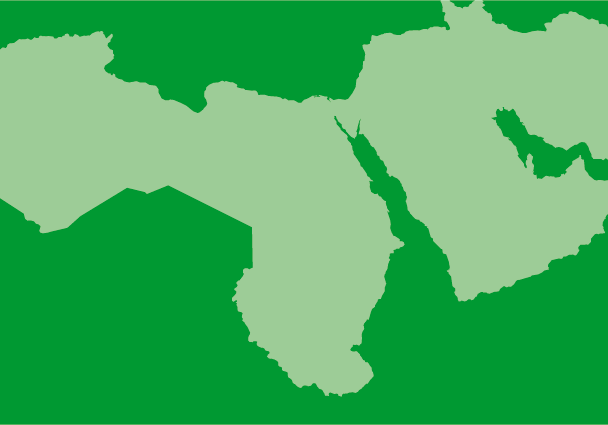
Angola: ICJ condems the abduction of war veterans in Angola
 The ICJ notes with concern reports of the alleged abduction of two war veterans, António Alves Kamulingue and Isaias Sebastião Cassule, in Luanda, on 27 and 29 May 2012 respectively.
The ICJ notes with concern reports of the alleged abduction of two war veterans, António Alves Kamulingue and Isaias Sebastião Cassule, in Luanda, on 27 and 29 May 2012 respectively.

 The ICJ notes with concern reports of the alleged abduction of two war veterans, António Alves Kamulingue and Isaias Sebastião Cassule, in Luanda, on 27 and 29 May 2012 respectively.
The ICJ notes with concern reports of the alleged abduction of two war veterans, António Alves Kamulingue and Isaias Sebastião Cassule, in Luanda, on 27 and 29 May 2012 respectively.

The ICJ today called upon the Israeli authorities to end the abusive practice of administrative detentions of Palestinians held in Israel.
Israel must also ensure that those who are on hunger strike have full access to appropriate medical assistance and are treated humanely, the ICJ said.
Over the last months, more than 1,500 Palestinian administrative detainees, pre-trial detainees and convicted prisoners have gone on hunger strike to challenge the conditions of their detention, including the use of solitary confinement, restrictions on family visits and other punitive measures taken against them.
The ICJ stresses that Palestinian detainees and prisoners have been regularly denied their right to have contact and correspond with and be visited by members of their families.
Their rights to have regular access to independent doctors and to their lawyers have also been systematically denied.
“Under international law, administrative detention is unlawful, except in narrow circumstances as an exceptional and temporary measure. However, Israel has routinely resorted to unlawful prolonged administrative detention of individuals from the Occupied Palestinian Territory, sometimes as an alternative to criminal proceedings,” said Saïd Benarbia, Senior Legal Adviser for the Middle East and North Africa Programme. “Israeli authorities must comply with their obligations under international law and fully guarantee the rights of persons arrested or imprisoned without charge to the presumption of innocence, medical assistance, communication with family members and full and unrestricted access to a legal counsel.”
The ICJ is also gravely concerned that detainees on hunger strikes have been allegedly subjected to various forms of coercion that may amount to ill-treatment under international law, including shackling, solitary confinement, daily fines, and forced medical treatment.
Bilal Diab, Thaer Halahlah, Hassen El-Safadi, Omar Abu Shalal, Jafar Izz El-Din and Mahmoud Sarsaq, held in Israel under administrative detention orders, have been on extended hunger strike for more than two months and have seen their health conditions seriously deteriorate, the ICJ deplores.
“The Israeli Authorities must immediately end all forms of psychological and ill-treatment of hunger strikers, guarantee their rights to have full access to independent doctors and appropriate medical care, and ensure they are treated humanely in all circumstances,” Benarbia added. “Unless these detainees are charged with internationally recognizsable criminal offenses, they must be immediately and unconditionally released.”
Contact:
Saïd Benarbia, Middle East & North Africa Senior Legal Adviser, T +41 22 979 3817

The ICJ and Amnesty International presented a third party intervention in the case El Masri v. the Former Yugoslav Republic of Macedonia before the Grand Chamber of the European Court of Human Rights.
In the third party intervention, the ICJ and AI outlined developments on the principle of non-refoulement, on enforced disappearances, on the international law of state responsibility and on the right to truth.
Macedonia-written submission-legal submission-2012 (full text in English, PDF)

The ICJ today expressed its deep concern at the recurrence and persistence of attacks against Sub-Saharan African migrants in Libya.
The ICJ called upon the National Transitional Council (NTC) to take swift and decisive action to condemn and put an end to these apparently xenophobic attacks, to protect all victims and to bring to justice the perpetrators of such violations

The UN Human Rights Council adopted the outcome document of the Universal Periodic Review (UPR) of Greece.
The ICJ made a statement during this adoption process, urging the implementation of recommendations accepted by Greece related to protecting the rights of asylum seekers, particularly concerning their treatment in Greece.
It also called on Greece to reconsider its decision to reject the recommendation of the UPR Working Group that Greece accede to the International Convention on the Protection of the Rights of Migrant Workers and their Families.